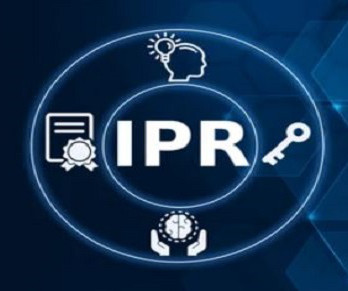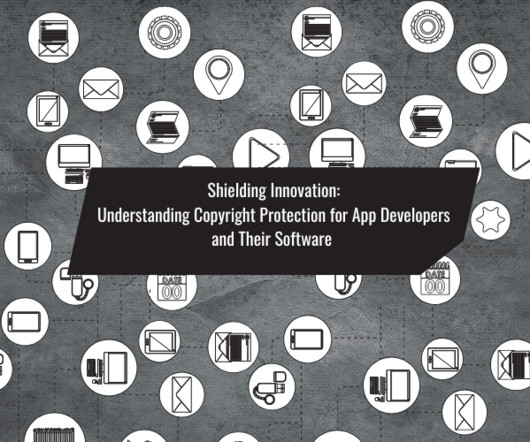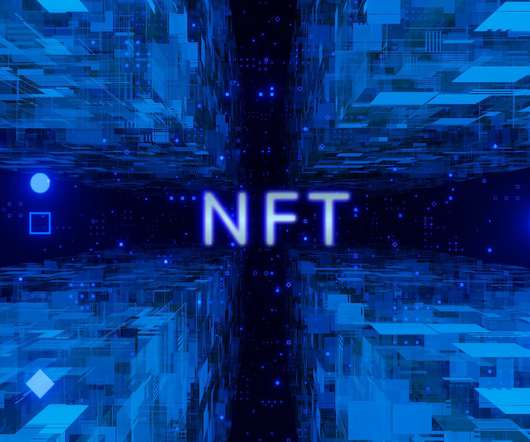Role of Intellectual Property in Entertainment Industry
IIPRD
FEBRUARY 6, 2024
In this sector, intellectual property (IP) regulations are essential for defending the rights of inventors, artists, and producers. We will examine the fundamental ideas and rules of copyright, trademark, and patent laws as well as how they relate to various entertainment business sectors in this extensive book.












Let's personalize your content